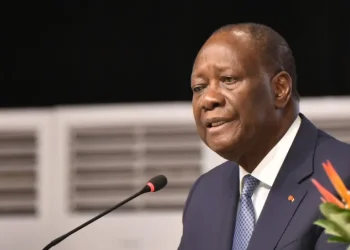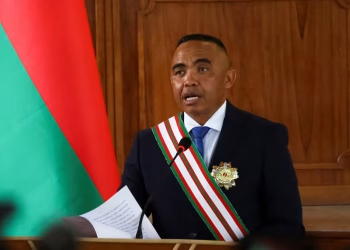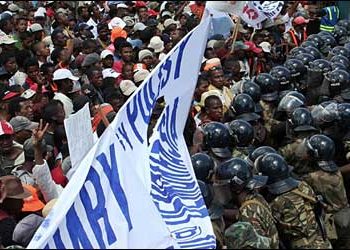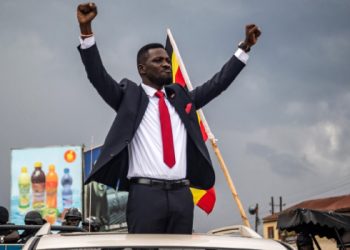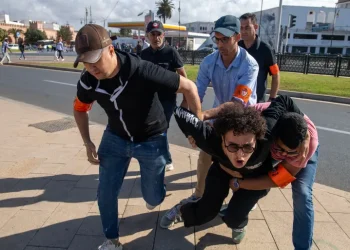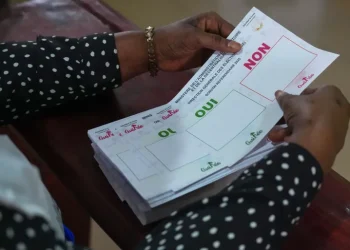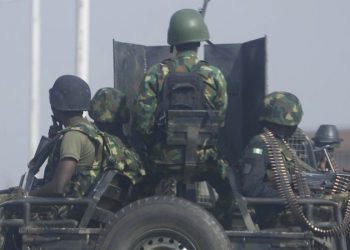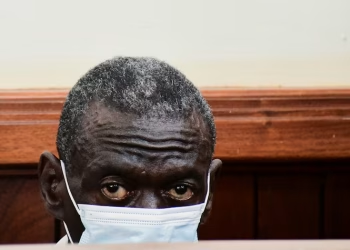Malawi elections 2025 will take place on Tuesday, 16 September, marking a pivotal vote after years of hardship and political turmoil. More than 7.2 million registered voters will choose the next president, 229 members of parliament, and 509 local councillors. Transparency and fairness remain central concerns after the Constitutional Court overturned the disputed 2019 election due to widespread irregularities.
The presidential race features 17 candidates, but two names dominate: Lazarus Chakwera of the Malawi Congress Party (MCP) and Peter Mutharika of the Democratic Progressive Party (DPP). This will be their fourth contest against each other. Mutharika defeated Chakwera in 2014, but when he was declared winner again in 2019, the result was annulled. Chakwera then won the historic 2020 re-run with 59% of the vote.

Chakwera, a 70-year-old former preacher and theology lecturer, entered politics in 2013 with no prior experience. He came to power promising to fight corruption and rebuild the economy. His tenure saw the revival of train services and major road projects, but critics accuse him of presiding over inflation, fuel shortages, and corruption scandals. The influential Catholic Church and civil society groups remain skeptical about his anti-graft efforts, particularly after prosecutors dropped high-profile corruption cases and the Anti-Corruption Bureau lost its director.
Mutharika, aged 85, is a former lawyer who led Malawi from 2014 to 2020. Supporters argue that he managed the economy better than Chakwera, pointing to today’s 27% inflation as evidence. Detractors recall corruption allegations and note his limited visibility during this campaign, fueling speculation about his health. Other notable contenders include former president Joyce Banda, current Vice-President Michael Usi, and ex-central bank governor Dalitso Kabambe.
Economic hardship remains the most urgent issue for voters. Malawi endured Cyclone Freddy in 2023, which killed hundreds, followed by a crippling drought in 2024. Food prices surged, foreign currency reserves dried up, and the government devalued the kwacha. Rolling blackouts and fuel shortages deepened public frustration. While Chakwera blames global shocks, the opposition says his administration failed to protect ordinary Malawians.
The death of Vice-President Saulos Chilima in a 2024 plane crash also casts a shadow over the vote. Popular among young people, Chilima led the UTM party and could have been a powerful contender. Two investigations ruled out foul play, but opposition groups continue to question the government’s account, using his death as a campaign issue to attack Chakwera’s leadership.
Political violence adds to the tension. A protest in June demanding the resignation of top election officials ended with masked men armed with machetes attacking demonstrators. Opposition parties accuse the electoral commission of favoring the MCP, though officials deny the charge. Human rights groups warn that intimidation threatens freedom of expression.
The new electoral system requires a presidential candidate to win more than 50% of votes in the first round. If no one reaches that threshold, a run-off will follow. Both the MCP and DPP are expected to court smaller parties to build coalitions. Results for the presidency are expected by 24 September, with parliamentary outcomes announced by the end of the month.
The Malawi elections 2025 stand as a test of the country’s democracy and resilience. Voters must choose between continuity under Chakwera, a return to Mutharika’s leadership, or the possibility of a new voice. With economic pain, corruption concerns, and memories of contested elections still fresh, the outcome will shape Malawi’s political future for years to come.

